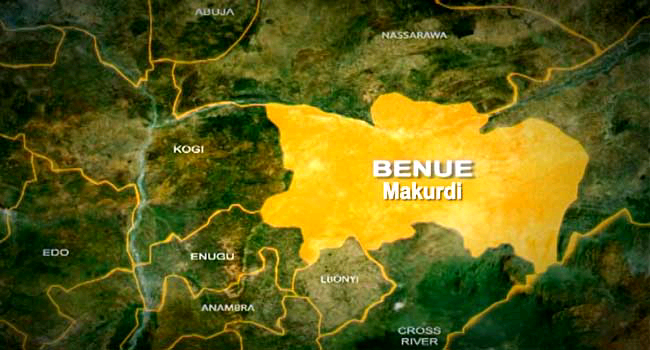Otti Adopts Orji Kalu’s Aba Infrastructure Blueprint to Drive Abia Development

Governor Alex Otti has declared that his administration is using the infrastructure development model of former Governor and current senator, Orji Uzor Kalu, to revamp Aba and extend growth throughout Abia State.
Speaking during a recent visit to his country home in Nvosi, Isiala Ngwa South, Governor Otti praised Kalu’s approach to governance during his 1999–2007 tenure, calling it a “practical and successful template” that prioritized investment in Aba, the commercial heart of the state.
“That template is not wrong. You fix the place that generates the revenue, the revenue will come and you use it to fix other places,” Otti said.
Otti’s remarks mark a rare moment of cross-party admiration in Nigeria’s political landscape. He credited Kalu’s administration with initiating widespread infrastructural development in Aba, constructing vital road networks, modernizing healthcare facilities, improving educational access, and paying teachers and civil servants promptly—moves that transformed the city into a business hub during the early 2000s.
He also shared a personal anecdote, revealing how his late mother held Senator Kalu in high esteem.
“You couldn’t criticize Orji Kalu in my mother’s presence,” he said, reflecting on how the former governor was viewed as an “action leader” in many households.
Governor Otti’s strategy centers on revitalizing Aba as a revenue-generating engine for the state.
Roads that had long been abandoned are being rebuilt, and the city is already witnessing improved business activity and a return of nightlife.
Otti noted that one Aba-based businessman, moved by the progress seen so far, donated ₦200 million to support the administration’s efforts.
He added that the plan is to scale this development model beyond Aba, noting that corridors such as Umuahia to Ohafia are being prepared for lighting and rehabilitation to enable 24-hour economic activity.
In response to Otti’s comments, Senator Orji Uzor Kalu expressed appreciation and lauded the current governor’s pragmatic approach. He praised the improvements made on critical routes like the Igbere–Umuahia road, which he said now takes just an hour—a trip that used to take much longer due to bad road conditions.
The former governor urged Otti to continue collaborating with President Bola Tinubu’s federal government, stressing that development efforts are best served when leaders set aside political differences in favor of the people’s welfare.
“I am not here to play politics. I came to support good governance. Politics is not war,” Kalu said.
Governor Otti emphasized that good governance transcends party lines, and that borrowing proven strategies should be viewed as smart leadership, not partisanship.
“We have to understand that governance is a continuum. If a policy or plan works, it deserves continuity—no matter who started it,” Otti remarked.
With infrastructure at the heart of his administration’s priorities, Otti is positioning Aba—and by extension, Abia—as a renewed center of commerce in Nigeria’s southeast. His public embrace of Orji Kalu’s developmental model not only underlines a continuity of purpose but may also serve as a unifying gesture in a region often divided by politics.
Whether this strategic alignment leads to lasting transformation will depend on sustained implementation, funding discipline, and continued political maturity.









